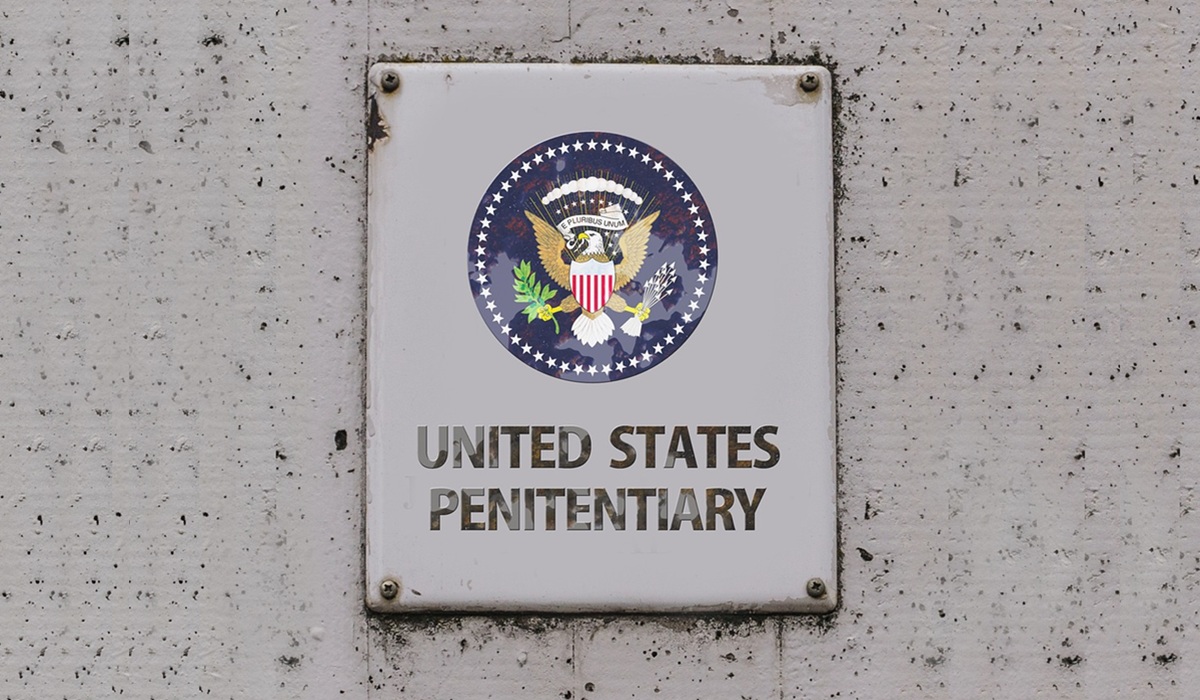Trump Declares War On Iran: From Covert Operations To Open Conflict
- Ingrid Jones
- U.S.A
- June 22, 2025

In an unprecedented and reckless move, the United States has officially declared war on three Iranian nuclear facilities, striking them without the consent or authorization of Congress. This action, executed solely by presidential fiat at the request of Israeli Prime Minister Netanyahu, violates the very principles of U.S. constitutional governance. The president only has the authority to deploy military force without congressional approval if the nation faces an imminent threat — a standard clearly unmet here. Even Tulsi Gabbard, the Director of National Security, publicly stated there was no such threat from Iran. For over thirty years, the repeated refrain from Israel and its allies claiming that Iran possessed nuclear weapons has been used as a pretext for escalating military tensions. Yet, there was no clear and present danger to the United States to justify this brazen attack.
Make no mistake: America has long been involved in this shadow war in the Middle East. There have been boots on the ground, missile strikes, reconnaissance flights, drone operations, and covert intelligence gathering for years. The U.S. Navy has been actively intercepting missiles, and special forces have operated in and around Iranian borders. This latest strike is not the start of a war — it is the official declaration of one. The U.S. has now transitioned from covert engagement to open conflict, with all the consequences that entails.
By declaring war unilaterally, the United States has undermined the constitutional system designed to check presidential power. Congress was sidelined, the courts lack the speed and authority to intervene effectively, and the cabinet — appointed by the president — offers no meaningful restraint. This consolidation of unchecked power is dangerous, setting a precedent for future presidents to engage in wars without debate, oversight, or accountability.
For American assets in the region — diplomats, military bases, contractors, and intelligence operatives — the risk skyrockets. Iran’s allies and proxies will undoubtedly respond, putting American lives in greater jeopardy. Increased hostilities may lead to attacks on U.S. embassies, fuel supply lines, and military installations. The region could spiral into chaos, with neither side willing to back down.
Globally, American security faces a serious test. This declaration inflames tensions not just with Iran, but with other global powers like Russia and China, who have strategic interests in the region. Allies in Europe and Asia may be forced to take sides, risking fractures in long-standing partnerships. Meanwhile, terrorist groups fueled by anti-American sentiment may exploit the chaos to launch attacks far from the Middle East, endangering civilians and critical infrastructure at home.
Domestically, this move risks deepening the already dangerous political divides. The American public is largely fatigued by endless wars that cost trillions of dollars and countless lives with no clear victory. A war declared without debate or consent will only fuel distrust in government and institutions. It signals to citizens that their voices and elected representatives are irrelevant when the commander-in-chief chooses to act alone.
This is not just a foreign policy failure — it is a constitutional crisis. The U.S. has effectively declared itself an injured party in yet another “forever war,” but the injury was self-inflicted by bypassing legal and democratic norms. The justice system moves too slowly and is compromised by political appointments, leaving little hope for meaningful checks and balances.
In the end, the consequences of this reckless war declaration will be far-reaching and severe. The only certainty is more bloodshed, more instability, and the continued erosion of American democratic principles. The time to demand accountability, transparency, and a clear strategy to end endless conflict is now — before it’s too late.








